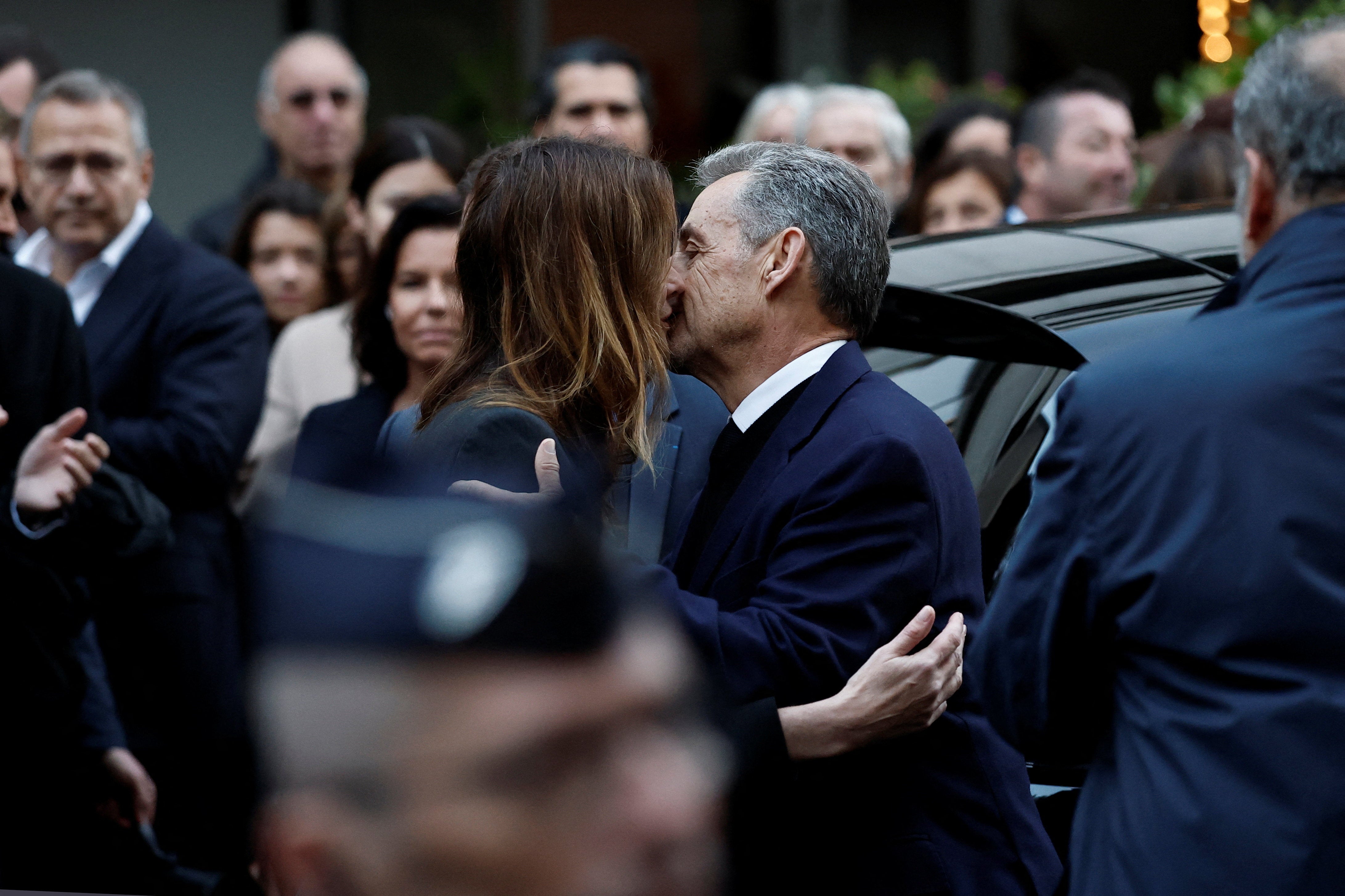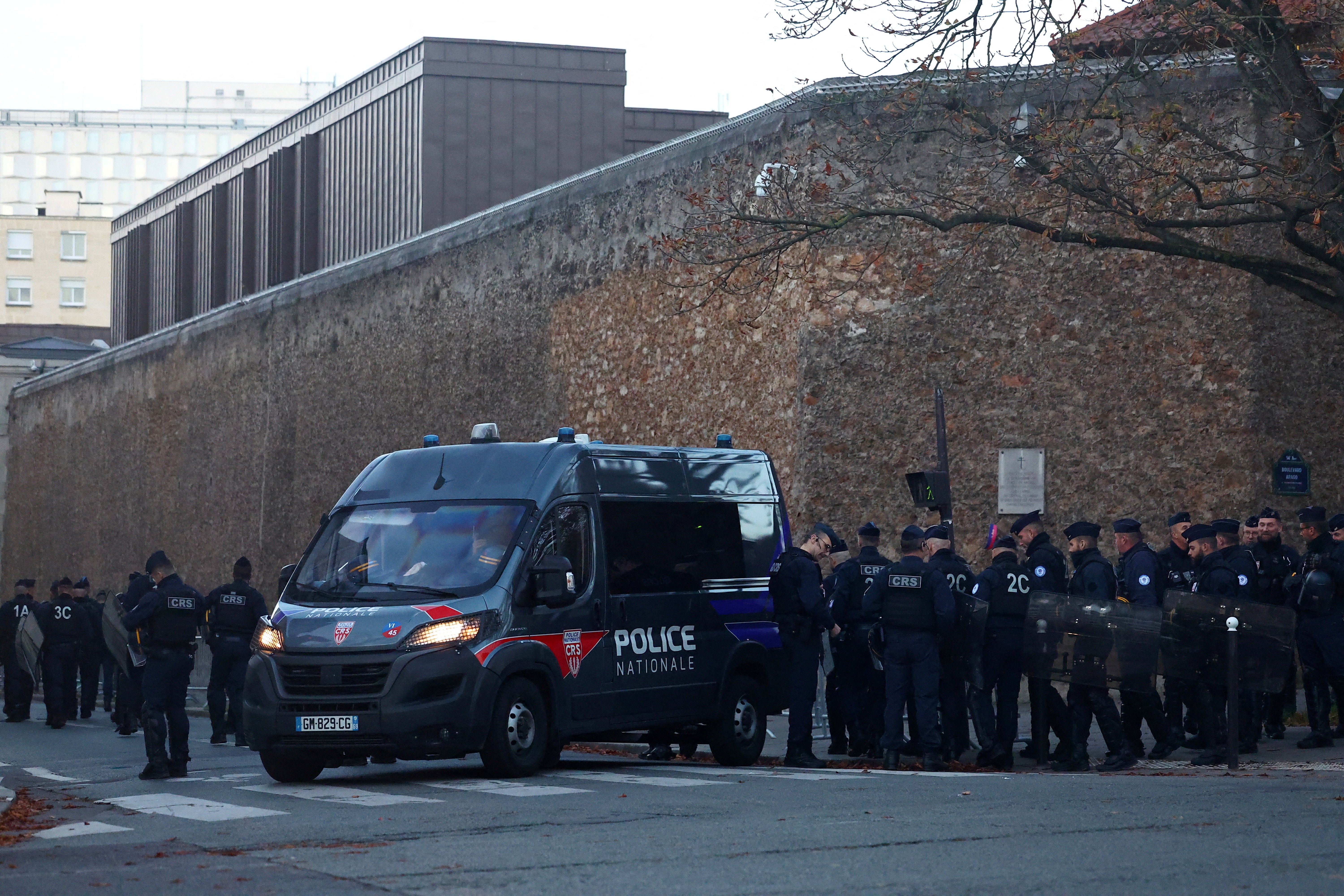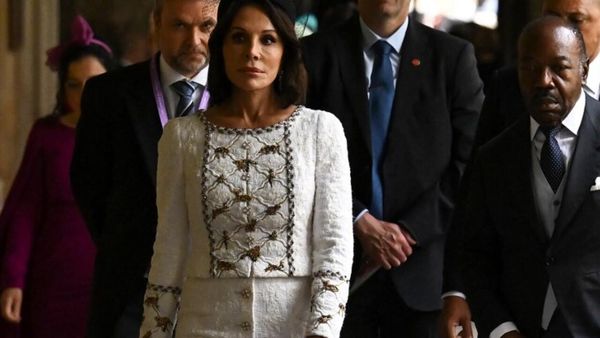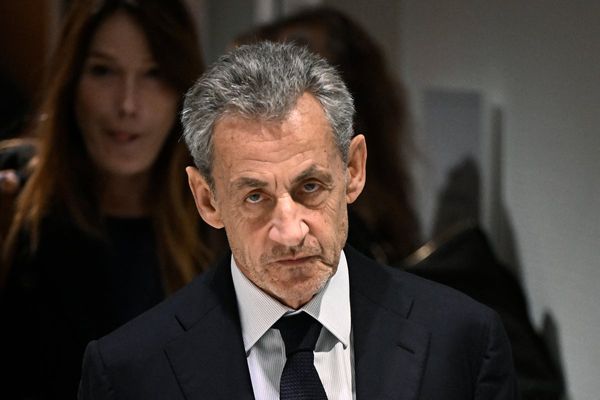A Paris appeal court on Monday considered a request for the release of Nicolas Sarkozy, the former French president, less than three weeks after he began serving a five-year sentence for criminal conspiracy.
His jailing, a first for a modern French head of state, relates to a scheme to finance his 2007 election campaign with Libyan funds.
A decision on his application is anticipated on Monday afternoon.
Mr Sarkozy, 70, who denies any wrongdoing, was convicted on 25 September and incarcerated on 21 October pending appeal, immediately filing for early release.
During Monday's hearing, Sarkozy, speaking from Paris' La Santé prison via video conference, argued he has always met all justice requirements.

"I had never imagined I would experience prison at 70. This ordeal was imposed on me, and I lived through it. It’s hard, very hard,” he said.
Sarkozy also paid tribute to prison staff who he said helped him through “this nightmare."
Sarkozy’s wife, supermodel-turned-singer Carla Bruni-Sarkozy, and two of his sons, attended the hearing at the Paris courthouse.
Monday’s proceedings didn’t involve the motives for the sentencing.
Still, Sarkozy told the court he never asked Libya’s longtime ruler Moammar Gadhafi for any financing. “I will never admit something I didn’t do,” he said.
Under French law, release is set to be the general rule pending appeal, while detention remains the exception. Judges will weigh whether Sarkozy presents a flight risk, might pressure witnesses, or could obstruct justice.
Advocate General Damien Brunet, who represents the public interest, asked for Sarkozy to be released and placed under judicial supervision.
If the request is granted, Sarkozy could leave Paris’ La Santé prison within hours.

An appeal trial is expected to take place later, possibly in the spring.
The former president, who governed from 2007 to 2012, faces separate proceedings, including a Nov. 26 ruling by France’s highest court over illegal financing of his failed 2012 reelection bid, and an ongoing investigation into alleged witness tampering in the Libya case.
In 2023, he was found guilty of corruption and influence peddling for trying to bribe a magistrate in exchange for information about a legal case in which he was implicated.
France's highest court, the Court of Cassation, later upheld the verdict.
Who is ‘fedora man’? The French teenager in Louvre heist photo identified
Landmark Paris Agreement set a path to slow warming. The world hasn't stayed on it
Three dead and 15 injured in tidal surge on Spanish island
Dozens of passengers injured as trains collide with loud ‘bang’
Ukraine war latest: Lavrov ‘ready’ to meet Rubio after reports of rift with Putin
Inside Ukraine’s start-up weapons industry rising from the ashes







